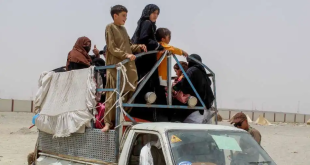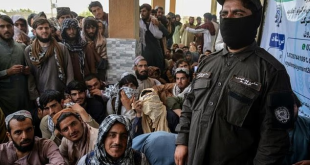KABUL – Pakistan’s prolonged struggle against the Tehreek-e-Taliban Pakistan (TTP) has entered a critical phase, with recent developments highlighting the limitations of its current counterterrorism approach. Despite numerous military operations over the past two decades, the TTP continues to pose a significant threat to national security.
The TTP’s adoption of decentralized operations and guerrilla tactics has rendered traditional military strategies less effective. Their ability to operate across the porous Pakistan-Afghanistan border complicates efforts to neutralize their activities.
Pakistan’s previous support for the Afghan Taliban, with the expectation that they would curb TTP activities, has not yielded the desired outcomes. Instead, the TTP has found sanctuary and support, allowing them to regroup and intensify their insurgency.
Attempts at negotiating peace with the TTP have repeatedly failed, often providing the group with opportunities to strengthen their position. These negotiations have not addressed the underlying issues fueling the insurgency, leading to a cycle of violence and instability.
The ongoing challenges underscore the need for a comprehensive strategy that goes beyond military action. Addressing socioeconomic disparities, enhancing governance in affected regions, and fostering regional cooperation are essential components in countering the TTP threat effectively.
 Afghanistan Times
Afghanistan Times




